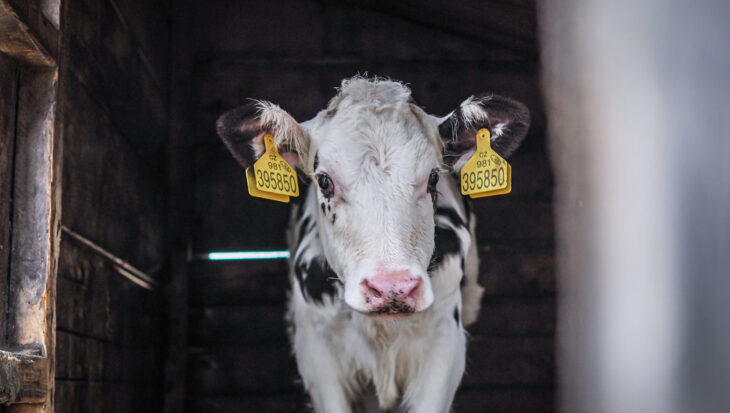Based on months of filming, the BUAV’s investigation featured research involving the infliction of major organ damage, invasive head surgery in which mice had part of their skulls removed and replaced with a window, and animals being restrained while a long tube was forced into their throats and substances introduced into their stomachs. With the technicians often playing loud music as rats and mice were experimented on – and then crudely killed by decapitation and neck breaks when no longer wanted – some of the staff exhibited shocking levels of incompetence and ignorance about the experiments to which they had been assigned.
The findings of Professor Brown could hardly be more damning. He found that Imperial College, one of the UK’s leading animal research centres, ‘lacks adequate leadership, management, operational training, and supervisory and ethical review systems to support high standards in animal use and welfare.’ His panel made 33 separate recommendations for ‘wholesale reform’ of the ethics and welfare process.
The Home Office (HO) itself is soon to publish a report into the scandal but, since the Brown report demonstrates that the HO has palpably failed to properly monitor and regulate research at Imperial, the HO’s findings will have little credence. Animal Aid believes that there now needs to be a genuinely independent, public, root and branch review of the entire licensing, monitoring and regulatory system related to animal research in this country.
The Brown report findings also implicitly reinforce the call by Animal Aid for CCTV cameras to be installed in all animal research laboratories – starting with higher risk establishments such as Imperial. Because of the degree of public scepticism about the regulatory system, it is vital that the footage obtained is reviewed independently of the Home Office. (A 2009 Ipsos MORI poll found that 31 per cent of people did not trust the current process, while 65 per cent ‘would not be surprised’ if unlicensed experiments go on behind closed doors.)
Animal Aid and the National Anti-Vivisection Society (NAVS) are calling for the establishment of an independent committee, consisting of competent and experienced individuals, including a veterinarian, independent scientists, animal behaviour and welfare experts and representatives from animal welfare groups. One or more full-time paid officers, with suitable experience and expertise, would view a random selection of the CCTV footage obtained from a select number of establishments on a rolling basis. They would report to the committee every six months, but more promptly with matters requiring urgent attention.
Independently monitored CCTV will not deal with the fundamental problem of animal experimentation – that it is morally and scientifically unsupportable. But it can help address some of the worst excesses.

